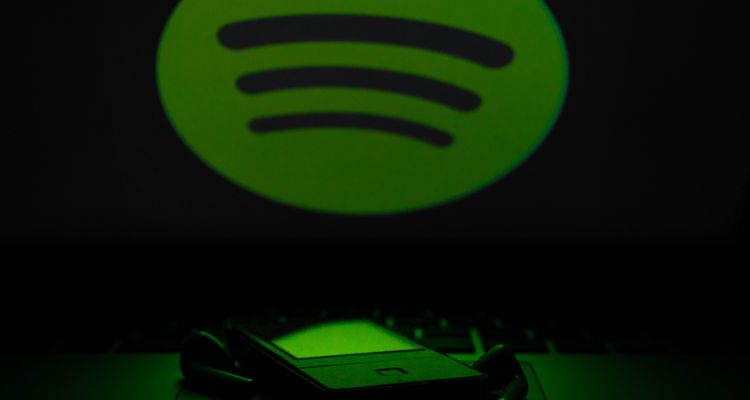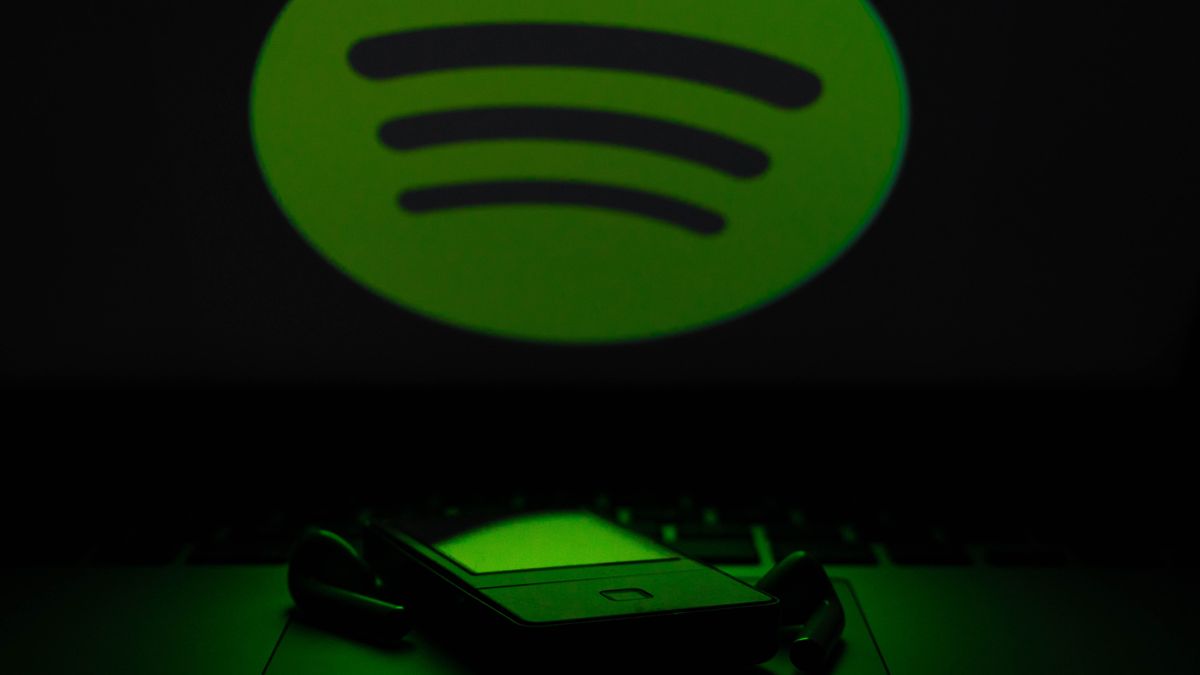
Photo Credit: Reet Talreja
Spotify has officially announced the acquisition of music trivia game Heardle amid a broader effort to expand its offerings and grow its revenue.
The Stockholm-based company, which has dropped billions on podcasts and podcast businesses, AI, social audio, and more, unveiled this latest buyout via a formal release today.
In addition to the mentioned plays, Spotify since 2022’s beginning has quietly diversified into the metaverse, embraced video podcasts, started hosting real-time DJ sets, allowed some artists to sell NFTs on-platform, resumed political adverts, and turned to company-wide deals with “Spotify for Work.”
These efforts (as well as the Heardle purchase) arrived against the backdrop of Spotify stock (NYSE: SPOT) struggles and modest subscribership guidance.
The business has also shut down a podcasting division, parted with multiple podcast execs, and slowed its hiring in 2022, with earnings reports suggesting that non-music audio entertainment’s returns have proven underwhelming thus far. Nevertheless, Daniel Ek is banking on Spotify’s achieving $100 million in annual revenue sometime during the next decade.
Bearing in mind the background details, Spotify has touted the perceived potential of Heardle, the sale price of which hasn’t been publicly disclosed.
“More than a trivia game,” Heardle is in fact “a tool for musical discovery,” according to Spotify, which likewise took the opportunity to explain that the “beloved” app prompts players to identify songs after listening to seconds-long snippets.
The game is set to remain free to play, the purchasing platform indicated, and is currently available only in the United States, United Kingdom, Ireland, Canada, Australia, and New Zealand. But an expansion beyond the English-speaking markets is expected to arrive “soon,” and higher-ups intend “to integrate Heardle and other interactive experiences more fully into Spotify” in the long term.
Addressing the transaction in a statement, Spotify global head of music Jeremy Erlich said in part: “We are always looking for innovative and playful ways to enhance music discovery and help artists reach new fans. … Since its debut, the game has quickly built a loyal following, and it aligns with our plans to deepen interactivity across the Spotify ecosystem.”
Building upon the latter, it bears mentioning in conclusion that the service late last month rolled out a revamped “Live Events Feed,” billing the retooled feature as a means of discovering “all the live events in your local area.” And as the Live Events Feed links directly to external ticketing platforms (with Spotify collecting a commission on each sale), it’ll be worth following its revenue-related impact moving forward.

